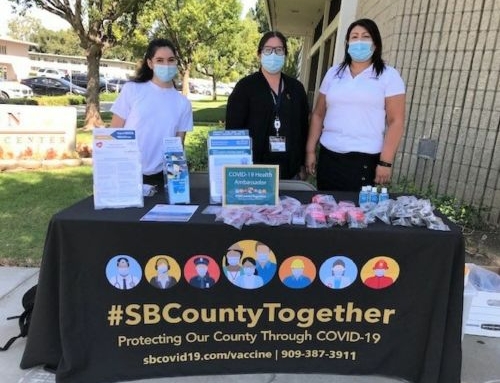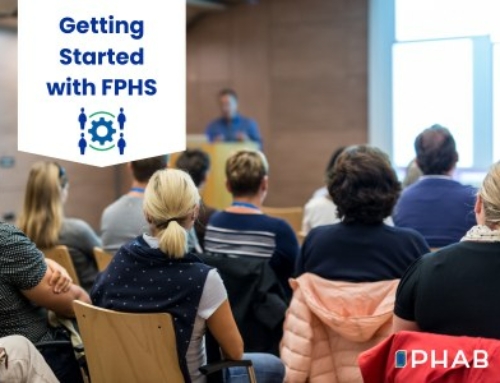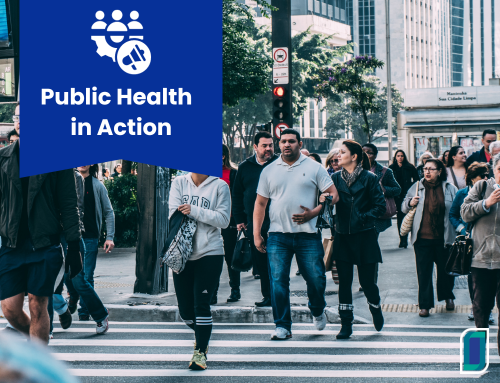Innovation Description
Baltimore Rideshare is an innovative partnership between government agencies, private organizations, and a national rideshare company that offers discounted rides to grocery stores located within specific Baltimore City neighborhoods designated as “Healthy Food Priority Areas,” which are sometimes called “food deserts.” Residents can either call or use a smartphone app to schedule their ride, which can be either round-trip or one-way to or from the store. This work enhances Baltimore’s nationally recognized Virtual Supermarket program, which was the first in the country to accept food stamps for online grocery shopping and delivery.
Major Accomplishments
- The Rideshare partnership created opportunities to hold focus groups about the project in Healthy Food Priority Areas in Baltimore City.
- Focus groups paved the way. A total of four focus groups were held and a summary of the focus group comments and data was compiled to determine where transportation barriers were impeding access to healthy foods.
- The Rideshare partnership highlighted the need to review and incorporate important transportation data from Morgan State University.
- The Rideshare partnership was built on a successful pilot program that influenced the likelihood of Rideshare’s eventual success and provided valuable insights, such as the selection of areas in which to test the program.
- The Rideshare partnership enhanced Baltimore’s nationally recognized Virtual Supermarket program and led to the development and implementation of a new order form with categories specifically related to healthy food options for the Virtual Supermarket, as well as a customer complaint form and the development of a data warehouse.
- Rideshare’s success initiated plans for the expansion of the Virtual Supermarket.
Barriers & Challenges
- Developing fluid communications regarding deliverables with partners around the Rideshare Program proved challenging.
- Striving to be more flexible proved important, especially as the project required the team to learn and grow through an amended project proposal with new timelines and partners.
- Partners had varying levels of commitment. Working with multiple partners with their various competing priorities required an extra push to ensure that they would stay focused and on track.
Replication Efforts
This work can be replicated by others through initial community vetting. It is imperative to find out exactly what the residents want. Community gate-keepers must be identified and queried. Once the community has been vetted, a local rideshare company should be identified and contacted. Simultaneously, other community partners should be identified. These partners can be government agencies, private corporations, faith-based organizations, or nonprofits, among others. The work should be based on a recent community needs assessment which will also identify community resources.
Resources
- Innovation Summary Document
- Case Study Report





